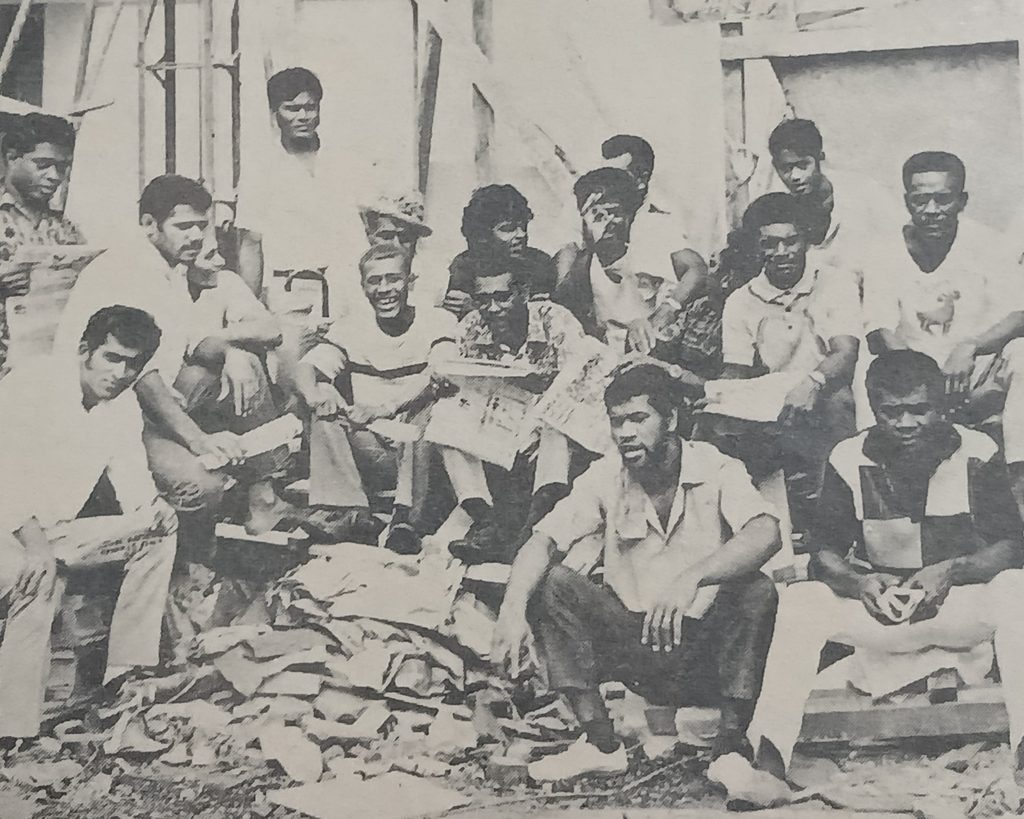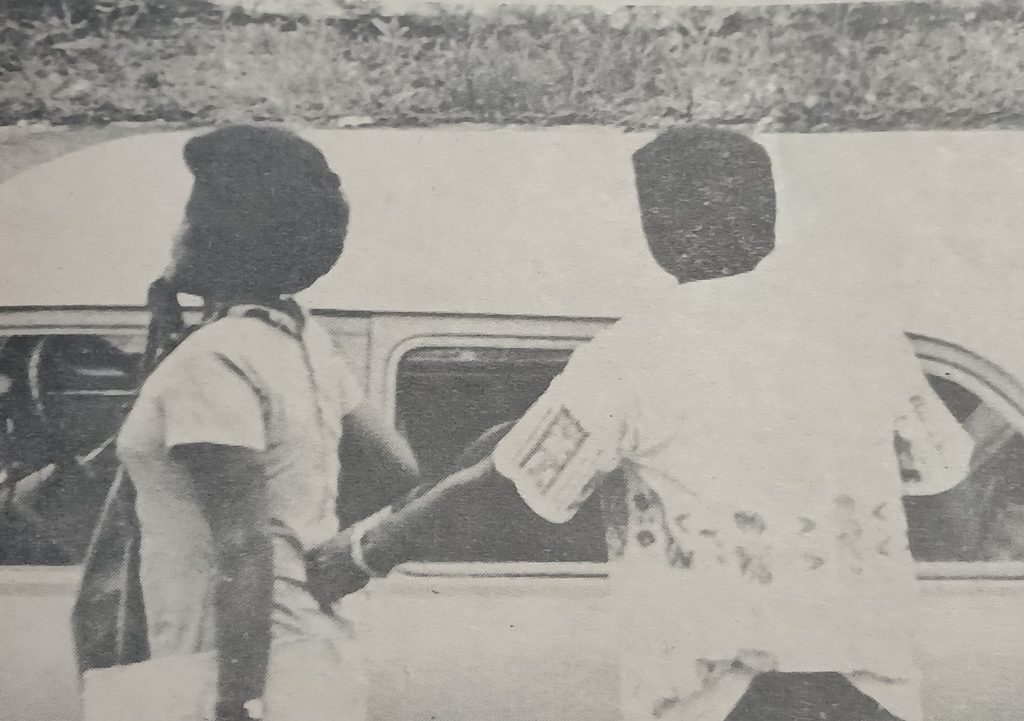ABOUT 5000 building workers throughout Fiji put down their tools in a bid to get a 50-cent-an-hour minimum wage.
According to an article published by The Fiji Times on March 14 that year 1973, employers had complained they did not get any warning of the strike, which halted projects worth millions of dollars.
The men, members of the Building Workers Union, were getting 42 cents an hour since the beginning of the year.
The employers offered to increase the basic rate to 50 cents when the union and the employers were due to negotiate a new agreement, but this was subject to the existing agreement being extended for one year.
Building contractors were due to meet in Suva to consider the strike, with some employers saying that the union had played a dirty trick on them.
“We weren’t given the slightest warning,” the head of one company said
“The first company to know of the strike was when a union official arrived on the job site and told the men to put down their tools. It seemed the men did not know what it was all about.”
Another major building contractor said employers recognised that changing conditions, cost of living and factors outside the industry warranted increased rates of pay.
“They have offered to increase the base rate to 50 cents an hour from that date, subject to the existing agreement being extended for 12 months from then.
“Employers recognise that changing conditions warrant interim wage rises. They paid a minimum rate of 42 cents an hour on the base rate and an additional 15 cents an hour to tradesmen.
“As employers, we feel we have acted responsibly. We draw attention to the fact that interim wage increases were not entirely recoverable.
“Some employers are still reeling under the financial burden which was placed on them to meet demands in 1972.”
The contractor said he hoped the union would act in a similar responsible manner and that peaceful relations in the industry would be restored.
One of Suva’s biggest building projects, the $1million nine-storey office block at the junction of MacArthur St and Victoria Parade, was among those where work closed down early.
A Narain Construction spokesman said the job had only just started.
“We were going well and now we have been interrupted with this strike,” the spokesman said.
Strikers on some job sites harassed passers-by for money to buy cigarettes and yaqona.
In one case, a young man brandishing an enamel teacup pulled the arms of women leaving a commercial school.
The unions’ acting general secretary, Joseph Anthony, was not available at the time for a comment.
Mr Anthony was reportedly in the Lautoka-Nadi area before travelling to Suva but the union’s registered office on Waimanu Rd was locked most of the day.
The largest building project halted by the strike in the Western Division was the new Lautoka Hospital.
About 500 men employed by Parkinson Reddy Construction and Co, and a subcontractor, walked off their jobs at 8.30am.
At Nadi Airport, work on the $2.5million terminal extension project was halted when 120 men employed by Cubitts went on strike at 7.30am.
About 160 men working for Unit Home Construction and another 80 YP Reddy Construction Co men left their jobs on the new extension to the Nadi Travelodge.
Narain Construction Co Ltd at Lautoka reported about 300 men on strike and at Sigatoka, about 20 men employed by S Ram Prasad and Brothers Construction were still working at the time.
Some of the striking workers in Suva. Picture: FT FILE



